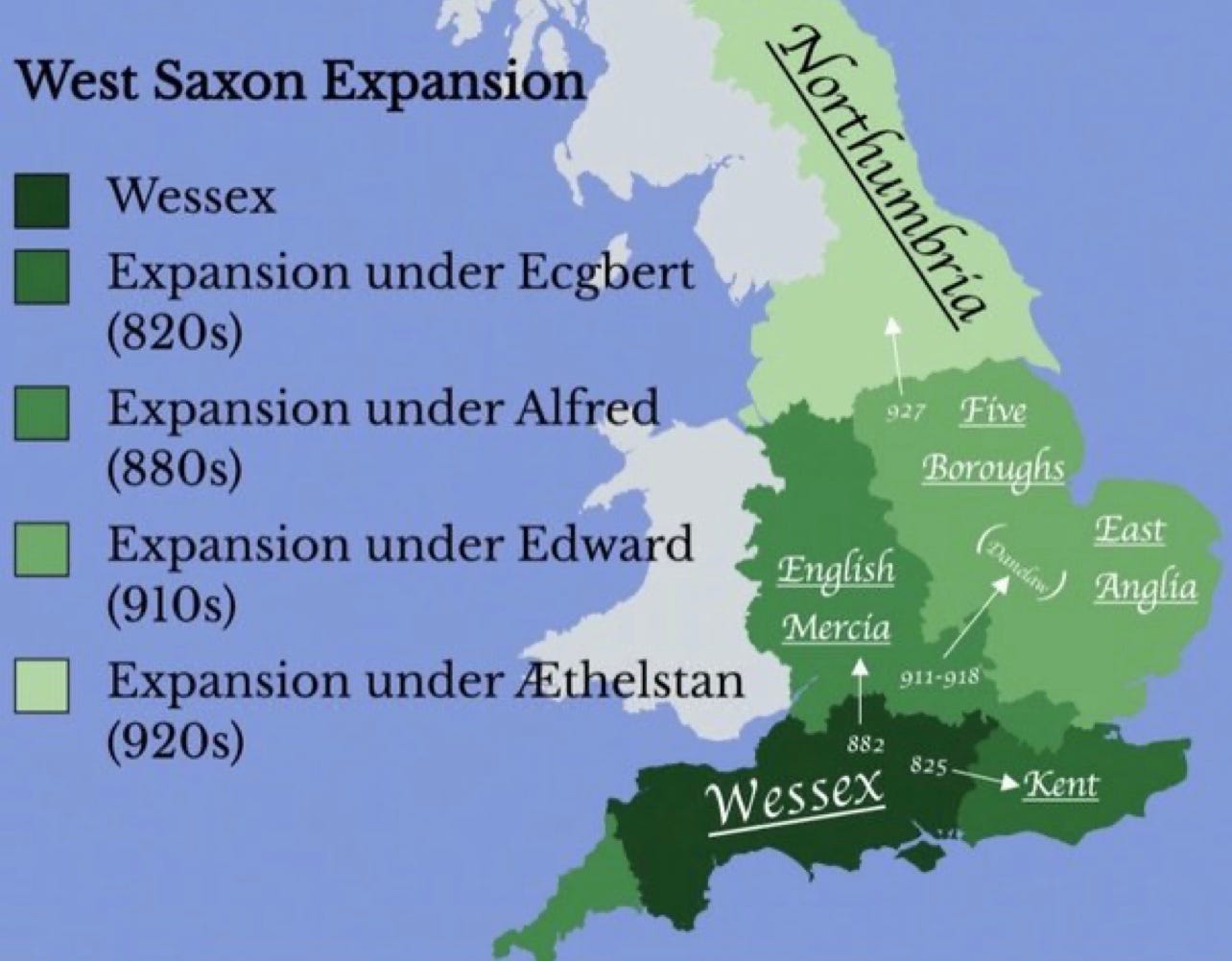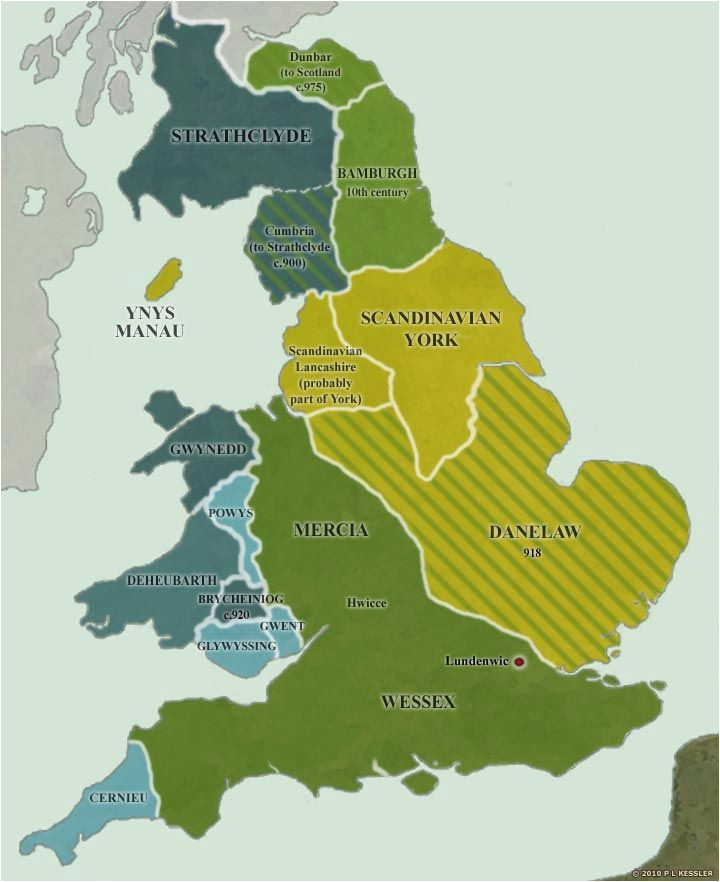Wessex: A Kingdom That Shaped England
Related Articles: Wessex: A Kingdom That Shaped England
Introduction
With great pleasure, we will explore the intriguing topic related to Wessex: A Kingdom That Shaped England. Let’s weave interesting information and offer fresh perspectives to the readers.
Table of Content
Wessex: A Kingdom That Shaped England

The Anglo-Saxon kingdom of Wessex, a name synonymous with historical significance and cultural impact, played a pivotal role in shaping the destiny of England. This article delves into the geographical, historical, and cultural aspects of Wessex, providing a comprehensive understanding of its influence on the English landscape and identity.
A Kingdom of the South: Geographical Context
Wessex, situated in the south of England, encompassed a vast area, stretching from the River Thames in the north to the English Channel in the south, and from the River Severn in the west to the River Medway in the east. This geographical location offered Wessex strategic advantages, including access to fertile agricultural land, important ports, and natural defenses. The chalk hills of the South Downs provided natural fortifications, while the River Thames served as a vital trade route and a natural boundary.
The Rise of Wessex: A Historical Journey
The history of Wessex is marked by its rise from a small, independent kingdom to the dominant power in England. The early history of Wessex is shrouded in myth and legend, with the establishment of the kingdom attributed to Cerdic and Cynric in the 5th century AD. The early Wessex kings faced challenges from other Anglo-Saxon kingdoms, particularly the powerful kingdom of Northumbria. However, through strategic alliances, military victories, and the skillful leadership of kings like Alfred the Great, Wessex emerged as a dominant force in the 9th century.
Alfred the Great: A Turning Point
Alfred the Great, who reigned from 871 to 899 AD, is considered one of the most significant figures in English history. He faced a major threat from the Vikings, who had invaded and occupied parts of England. Alfred’s strategic brilliance and military prowess led to a series of victories against the Vikings, culminating in the signing of the Treaty of Wedmore in 878 AD. This treaty established a peace agreement and allowed Alfred to consolidate his power.
Alfred’s reign was not only marked by military successes but also by a cultural renaissance. He promoted education, established a court of scholars, and commissioned the translation of important texts into Old English. This period witnessed the creation of the Anglo-Saxon Chronicle, a historical record of events in England, and the development of a distinctive Wessex culture.
The Legacy of Wessex: Shaping England
Wessex’s influence on English history and culture is profound. The kingdom’s expansion and unification played a crucial role in laying the foundations of England as a unified nation. Wessex’s legacy is evident in the language, literature, and culture of England.
- Language: The language spoken in Wessex, known as West Saxon, became the dominant dialect of Old English, influencing the development of modern English.
- Literature: Wessex was a center of literary activity, with the production of important texts such as the Anglo-Saxon Chronicle, the epic poem Beowulf, and the Anglo-Saxon riddles.
- Culture: Wessex’s culture, characterized by its strong sense of community, its respect for tradition, and its resilience in the face of adversity, continues to resonate in English society.
Exploring Wessex: A Journey Through Time
For those interested in exploring the history and culture of Wessex, numerous sites and landmarks offer a glimpse into the past.
- Winchester: The ancient capital of Wessex, Winchester, boasts a rich history and impressive landmarks like Winchester Cathedral, the Great Hall, and the ruins of Winchester Castle.
- Salisbury: Home to the iconic Salisbury Cathedral, Salisbury offers a glimpse into the architectural and religious heritage of Wessex.
- Stonehenge: While not directly linked to Wessex, Stonehenge, a prehistoric monument located in Wiltshire, offers a glimpse into the ancient past of the region.
- Dorset: Dorset, known for its stunning coastline and rolling hills, was a key part of Wessex. Explore the Jurassic Coast, visit Corfe Castle, or wander through the quaint towns and villages of this beautiful county.
FAQs about Wessex
Q: What is the significance of Wessex in English history?
A: Wessex played a pivotal role in unifying England and laying the foundations for the nation’s identity. Its kings, particularly Alfred the Great, defended the country against Viking invasions, promoting cultural and intellectual development.
Q: What were the main achievements of Alfred the Great?
A: Alfred the Great is credited with repelling the Viking invasions, promoting education and literacy, and fostering a cultural renaissance in Wessex. He commissioned the translation of important texts into Old English and established a court of scholars.
Q: What is the connection between Wessex and the English language?
A: The language spoken in Wessex, West Saxon, became the dominant dialect of Old English, influencing the development of modern English.
Q: What are some of the key landmarks associated with Wessex?
A: Winchester, Salisbury, Stonehenge, and the Jurassic Coast are just a few of the significant landmarks associated with Wessex.
Tips for Exploring Wessex
- Plan your trip: Wessex offers a wealth of historical and cultural attractions, so plan your itinerary in advance to maximize your time.
- Visit historical sites: Explore the ancient capital of Winchester, visit Salisbury Cathedral, and stand in awe of Stonehenge.
- Explore the countryside: Wander through the rolling hills of Dorset, explore the Jurassic Coast, and enjoy the scenic beauty of the region.
- Learn about the Anglo-Saxons: Read books, watch documentaries, or visit museums to learn more about the Anglo-Saxon period and the history of Wessex.
Conclusion
Wessex, a kingdom that emerged from the mists of time, left an indelible mark on the English landscape and identity. Its geographical location, its strategic alliances, and the leadership of its kings, particularly Alfred the Great, propelled Wessex to become a dominant force in England. The legacy of Wessex is evident in the language, literature, and culture of England, reminding us of the rich and complex tapestry of history that shaped the nation we know today. Exploring Wessex, its history, and its cultural heritage offers a unique opportunity to understand the foundations of English identity and to appreciate the enduring influence of this remarkable kingdom.








Closure
Thus, we hope this article has provided valuable insights into Wessex: A Kingdom That Shaped England. We hope you find this article informative and beneficial. See you in our next article!